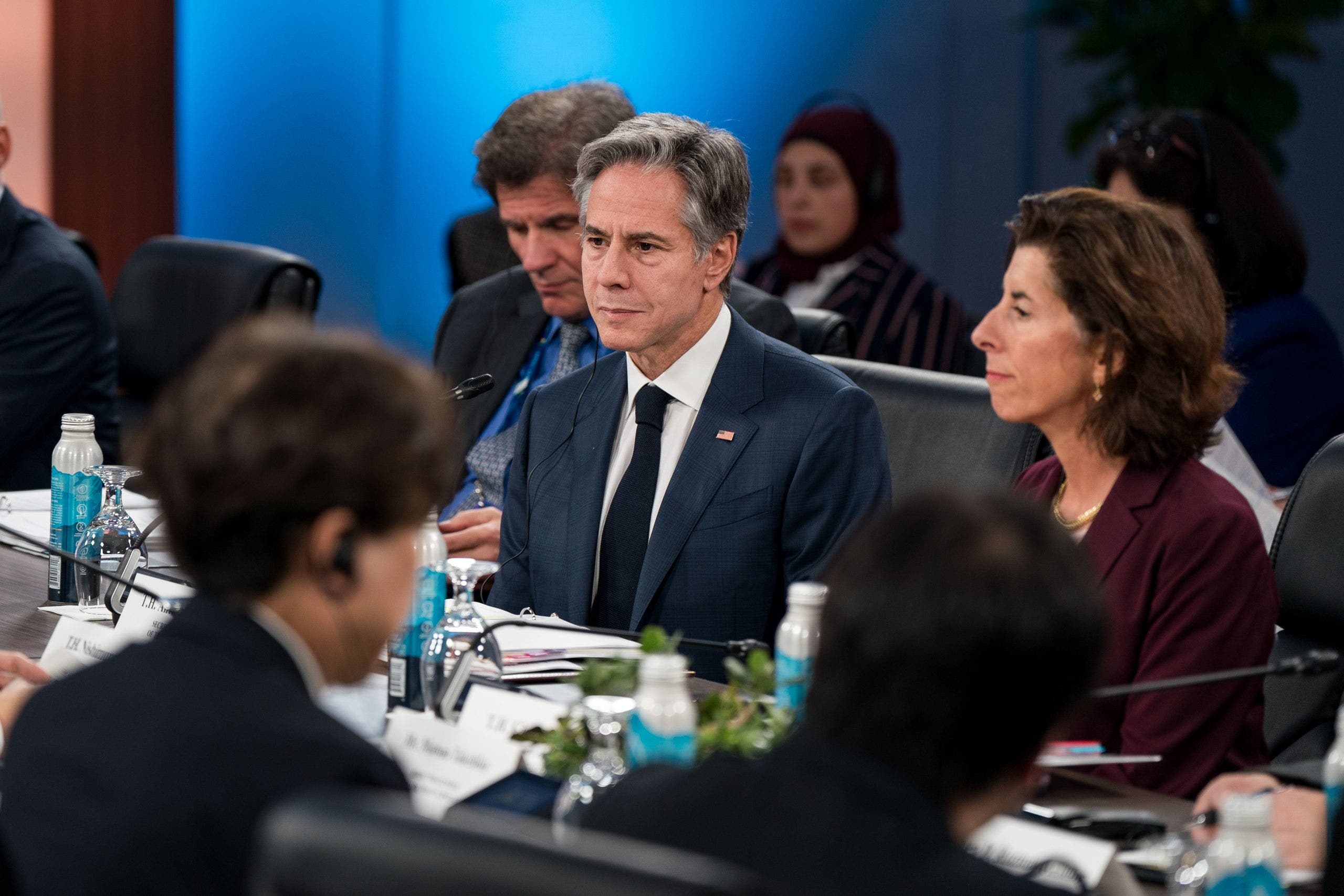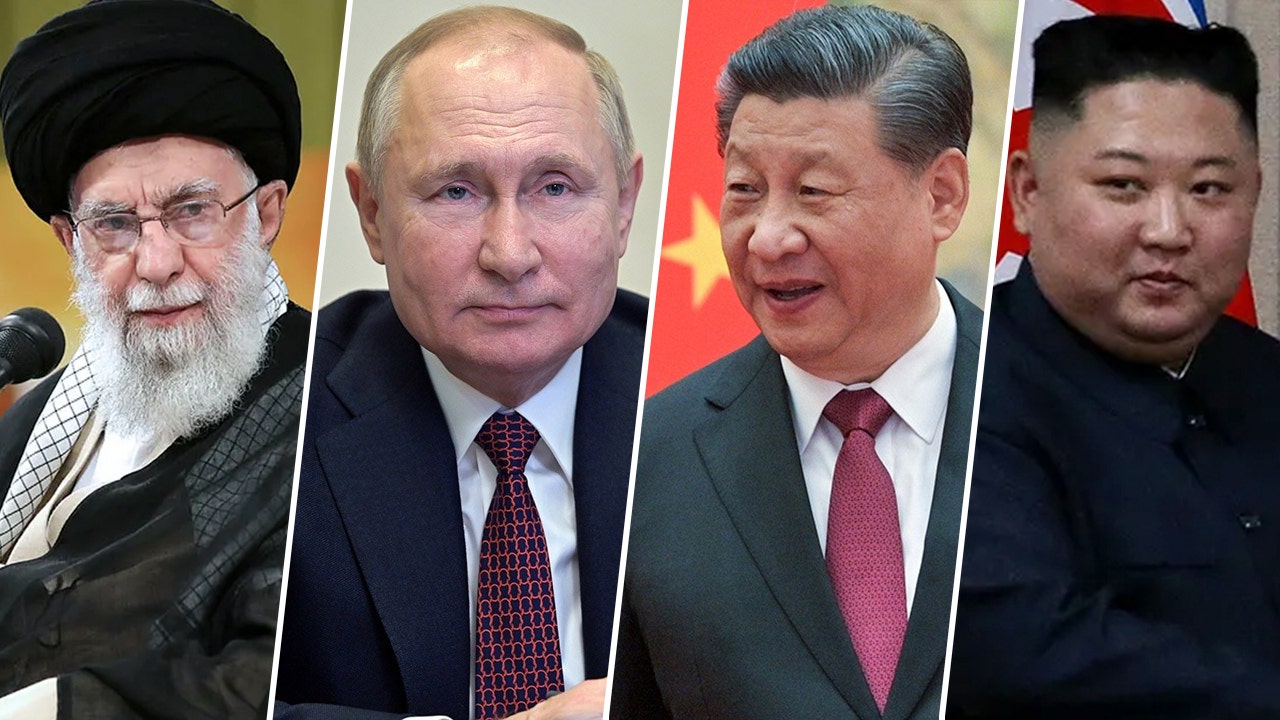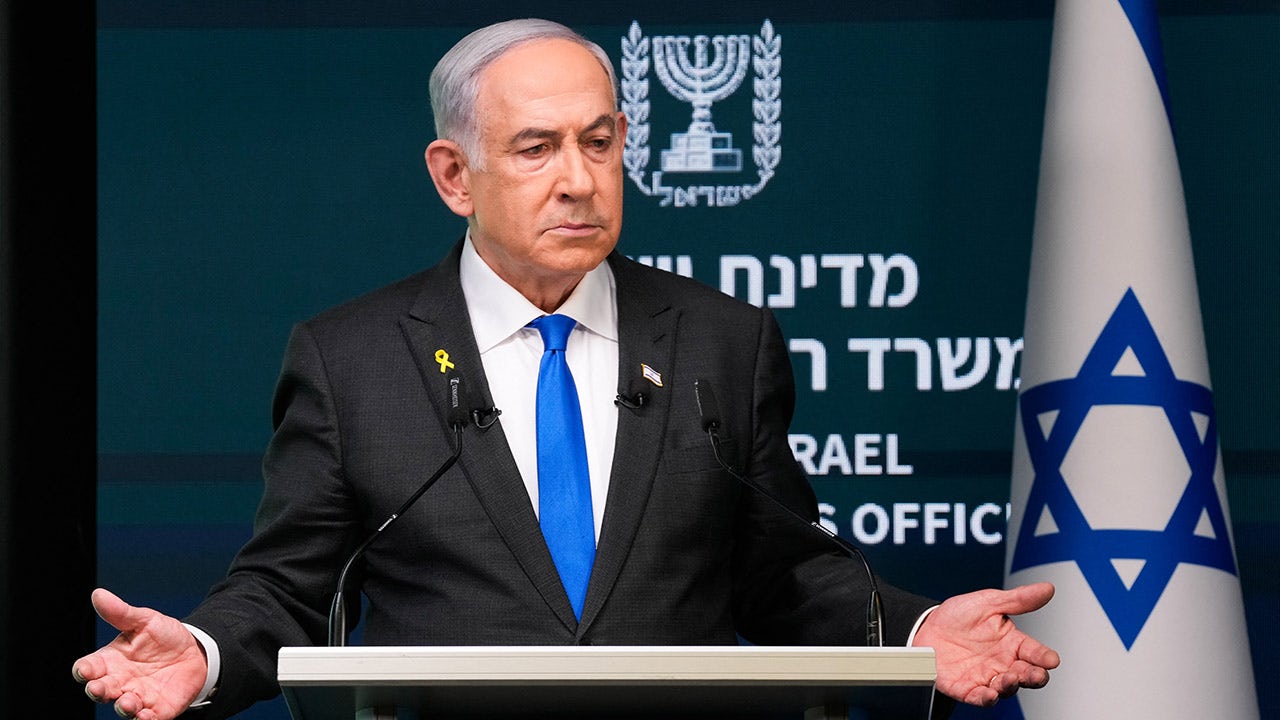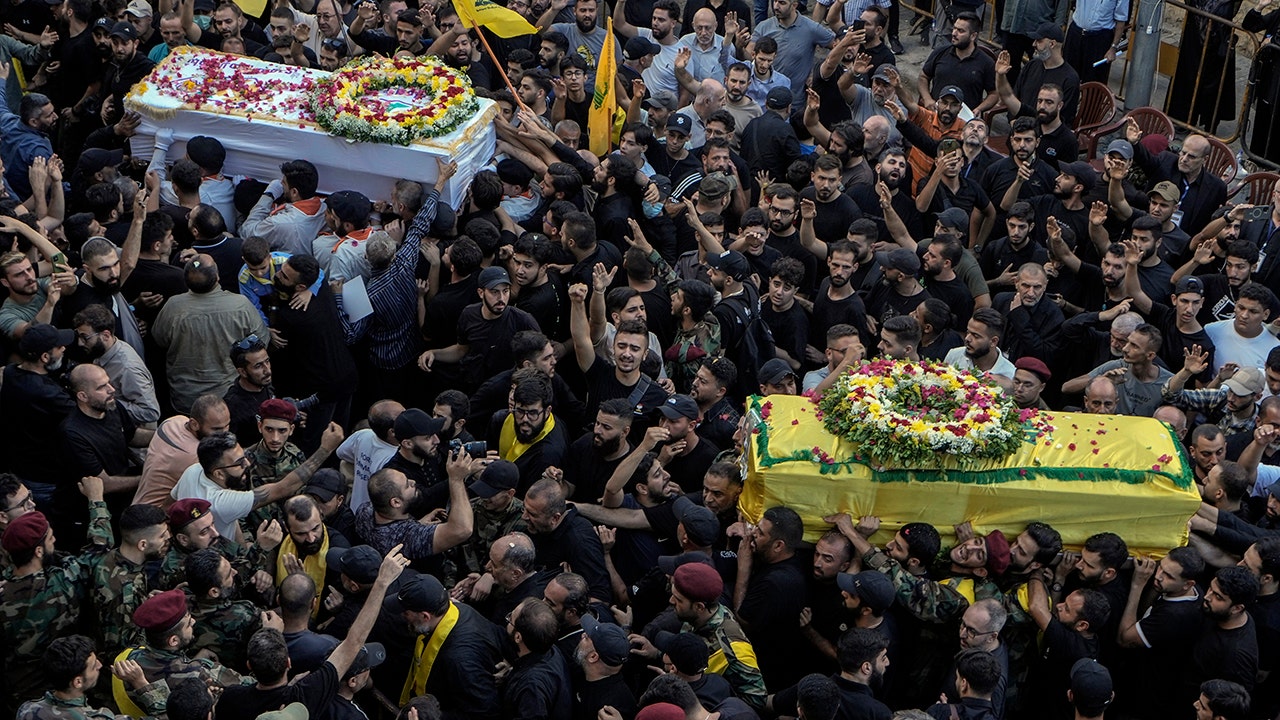A Thai court on Friday acquitted nearly 70 people of all charges related to mass protests that shut down Bangkok’s two airports in 2008 for about 10 days.
The ruling by the Bangkok Criminal Court was the second this year finding that the protesters, who opposed a government headed by allies of ousted Prime Minister Thaksin Shinawatra, had not committed serious criminal offenses in their activities.
Members of the group, the People’s Alliance for Democracy, also briefly seized a state television station and occupied Government House for three months.
THAILAND’S LOWER HOUSE APPROVES BILL TO LEGALIZE SAME-SEX MARRIAGE
The court ruled Friday that the airport protests were protected under the constitution because they were peaceful and the protesters were unarmed, public broadcaster Thai PBS and Thai Rath newspaper said.
Anti-government protesters are seen in front of the departure terminal on Nov. 26, 2008, at Suvarnabhumi airport in Bangkok. A Thai court on Friday acquitted nearly 70 people of all charges related to mass protests that shut down Bangkok’s two airports in 2008 for about 10 days. (AP Photo/Sakchai Lalit, File)
Witnesses to the 2008 protests, including Associated Press reporters, saw acts of violence and intimidation by sometimes-armed guards employed by the PAD, though not by the people acquitted in January and on Friday.
The 67 people in Friday’s case had been indicted on serious charges including rebellion and terrorism, which carry a possible death penalty.
Panthep Puapongpan, a former PAD spokesperson and a defendant, welcomed the court ruling. He said they were acquitted because their actions were considered to be for the greater good of the country since they were rallying against a government that was accused of abuse of power and corruption.
“Our ordeal is not wasted. The ruling helps heal our feelings, and many of the defendants shed tears,” he posted on Facebook.
Several dozen defendants involved in the 2008 airport protests were divided into two groups and indicted in 2013. The first group was acquitted in January, although about a dozen of them were given 20,000 baht ($550) fines for violating an emergency decree that had banned public gatherings.
The protesters — popularly known as Yellow Shirts for wearing shirts with that color that shows loyalty to the Thai monarchy — had occupied Don Mueang and Suvarnabhumi airports. They demanded the resignation of the government loyal to Thaksin, who was ousted by a 2006 military coup that followed large Yellow Shirt protests accusing him of corruption and disrespect of the monarchy.
Thaksin’s ouster set off years of sometimes violent contention for power between his supporters and his opponents.
The protesters shut down airport operations and defied an injunction calling for them to leave. The siege ended only after a court ruling forced Prime Minister Somchai Wongsawat — who is Thaksin’s brother-in-law — out of office.
In 2011, the Civil Court ordered the leaders of the group to pay 522 million baht ($14.7 million) in damages to the state airport authority. They were declared bankrupt and had their assets seized last year in partial payment of the sum.
Thaksin returned to Thailand last year from self-imposed exile to face an eight-year prison term on several criminal convictions. He was immediately moved from prison to a state hospital because of reported ill health. He was released on parole after six months of hospital detention.




